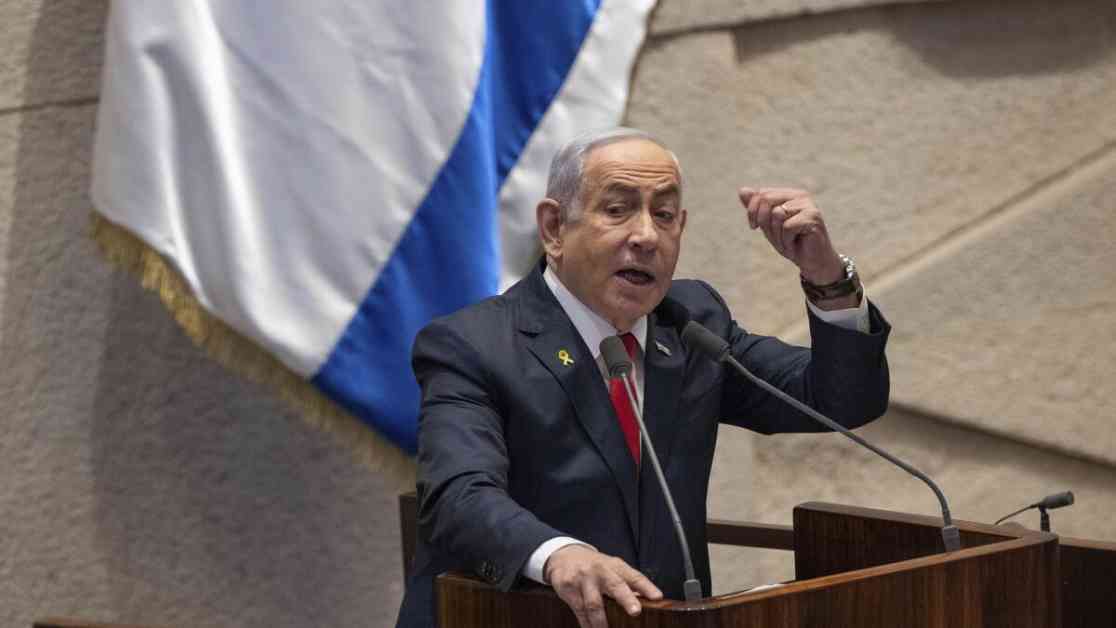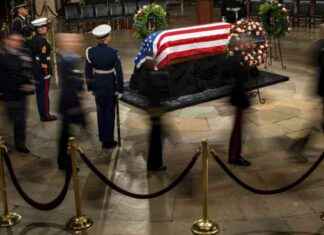Israel is facing increased isolation on the international stage as the International Criminal Court (ICC) has issued arrest warrants for Israeli Prime Minister Benjamin Netanyahu and former Defense Minister Yoav Gallant. The warrants are for alleged criminal responsibility for acts such as murder, persecution, and the use of starvation as a weapon of war during the conflict with Hamas in Gaza.
The decision has sparked anger in Israel, with the government rejecting the accusations and calling the court biased. The Biden administration, a staunch supporter of Israel, has also condemned the arrest warrants, citing concerns about the court’s process errors.
The rift between the Western countries and the Global South is becoming more apparent, with European nations expressing their support for the ICC’s decision. Despite the ongoing efforts to broker a ceasefire in Gaza, the chances of reaching an agreement before President-elect Donald Trump takes office are slim.
In response to the arrest warrants, members of Congress from both sides of the aisle have denounced the ICC’s decision, with some questioning the court’s credibility.
The ICC had previously sought arrest warrants for senior figures from Hamas, some of whom are confirmed dead. The court’s decision to issue a warrant for one of them, Mohammed Deif, despite Israel’s claim that he was killed in an airstrike, has raised questions about the validity of the charges.
Hamas has welcomed the arrest warrants against Israeli officials, calling it a historical precedent. Palestinians have also expressed support for the ICC’s move, although some believe it took too long and did not go far enough in holding Israeli leaders accountable.
The practical implications of the arrest warrants mean that Netanyahu and Gallant could face arrest if they travel to countries that accept the court’s jurisdiction, such as most European states. The threat of arrest has added to Israel’s international isolation, with European nations pledging to abide by the court’s decision.
The conflict between Israel and Hamas has resulted in significant civilian casualties, drawing criticism from the international community. While Israel maintains that its actions are in line with international law, the immense civilian suffering has raised concerns about the conduct of the war.
The ICC’s decision marks a significant moment in the ongoing conflict in the Middle East, highlighting the challenges of holding political leaders accountable for their actions during times of war. The international response to the arrest warrants underscores the complexities of navigating diplomatic relationships and upholding the principles of justice on the global stage.



























